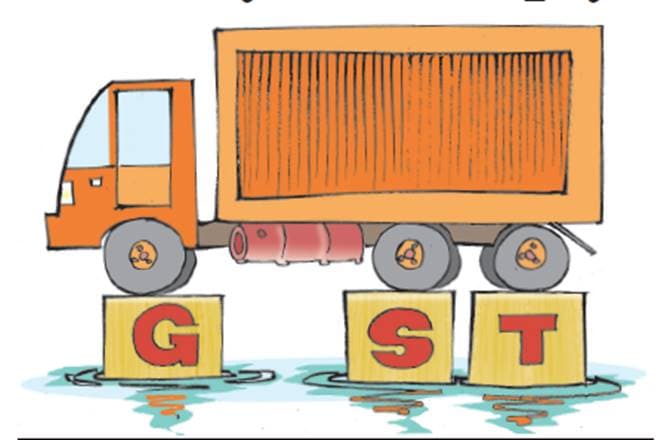Taxpayers’ fear of the enforcement mechanisms under the goods and services tax (GST) seem to be exaggerated. In what showed the tax administration’s pragmatic and non-intrusive approach, the once-dreaded anti-profiteering mechanism hasn’t produced orders with a drastic adverse effect on businesses so far; in fact, the first two National Anti-profiteering Authority (NAA) orders have freed the businesses concerned of the allegations of not passing on the GST benefits by way of lower tax rates and/or input tax credit to consumers.
Similarly, two months after the roll-out of the electronic way bill or e-way bill, few incidents have been reported of the merchandise in transit being intercepted for verification. While the fears of “inspector raj” have been found to be unfounded, some analysts caution that such issues could still surface as the tax department intensifies enforcement actions.
The feedback on the working of the e-way bill system, which was made operational for interstate movement of goods from April 1 and is being implemented in intrastate trade in a phased manner, has largely been uneventful as the tax department has focused on hand-holding businesses in the early stage to ensure a suitable settling-in time.
“We have been handling the transporters with a ‘light touch’ and even correcting bona fide mistakes made in generating e-way bill without imposing fines. Besides, there is no widespread checking of bills in the state,” a Bihar government official told FE on condition of anonymity. He denied there were instructions to go easy on defaulters but admitted that it was implicit in the department’s working.
The e-way bill mechanism has been touted as a crucial important anti-evasion measure that could buoy GST revenue by as much as Rs 10,000 crore a month by plugging leakages in business-to-consumer transactions. Although the government had tried to implement it on February 1, the system crashed on the first day owing to unexpected traffic.
“Some states have asked their tax departments to step up vigilance on e-way bills to clamp down on evasion. For example, Maharashtra has issued instructions that tax authorities should start taking action against those found to be transporting goods without e-way bill,” said Ketan Kulkarni, senior vice-president and head, marketing and communications, Bluedart.
“While the authorities have been fairly understanding during the initial phase of the roll-out, businesses would hope that the same spirit of mutual respect prevails once all the other anti-evasion and tax enhancement measures are put in place over the next few months” said MS Mani, partner, Deloitte India.
The approval of the anti-profiteering provision by the GST Council in August last year was a cause of worry for industry. It was said that the mechanism to calculate amount of profiteering by a dealer or manufacturer was tricky as any increase in input cost leading to an increase in prices could also be misconstrued as profiteering.
However, the first two orders passed by the NAA have gone in the favour of businesses. The orders were passed on the basis of complaints made against an Uttar Pradesh-based car dealer and a packaged rice seller, which failed to find the firms concerned guilty of profiteering. The NAA is currently investigating over 50 complaints, and some orders are expected in the next few weeks.
“Electronic way bills and anti-profiteering provisions were innovative steps in Indian tax structure aimed at ironing out tax evaders and unethical profiteering but several strata of the business community predicted recurrent technical glitches and coercive methods by director general, safeguards. These predictions has been disproved. Hopefully, tax systems would be more agile and smooth with passage of time, and ease of doing business would gain further momentum,” said Rajat Mohan, partner, AMRG & Associates.

